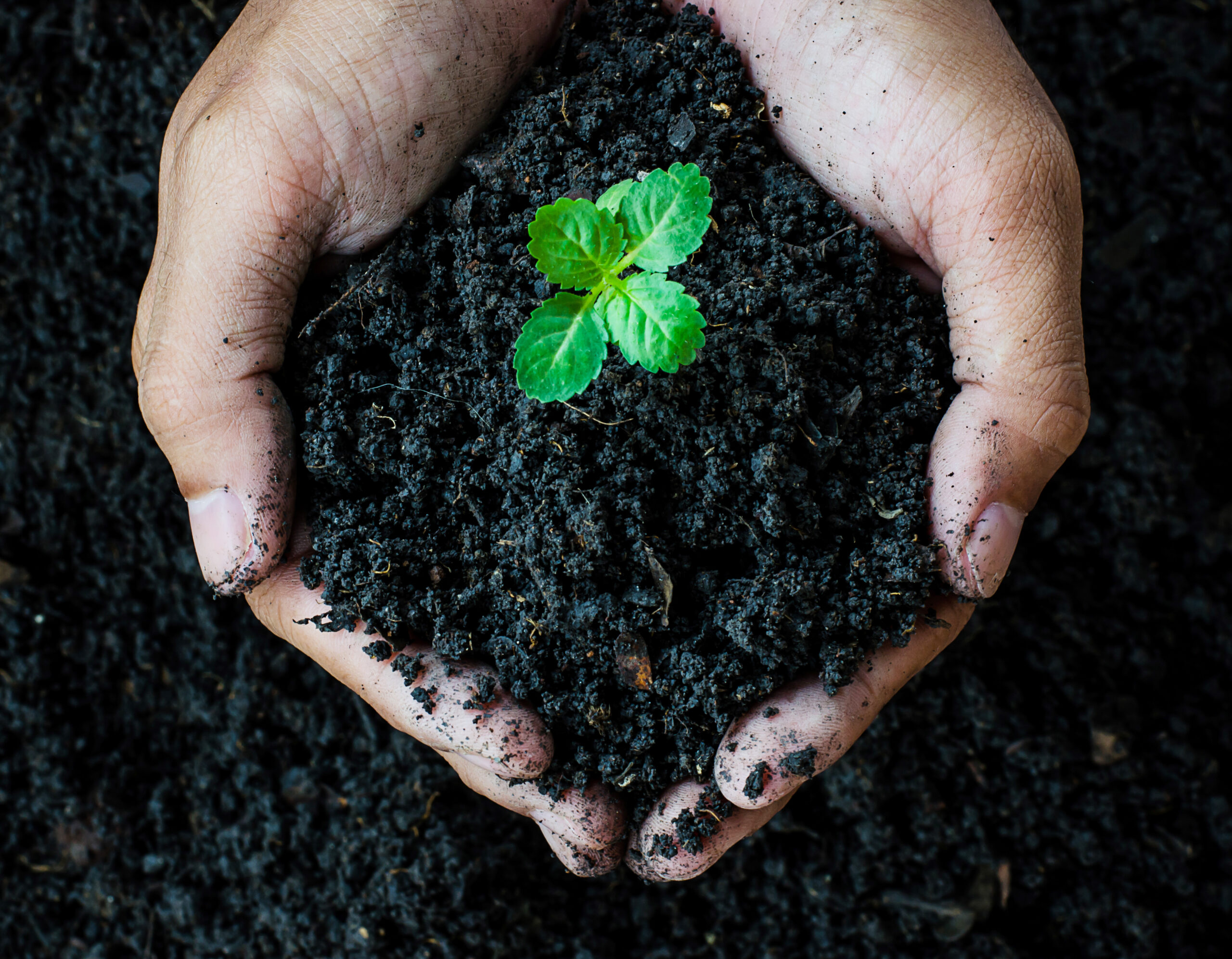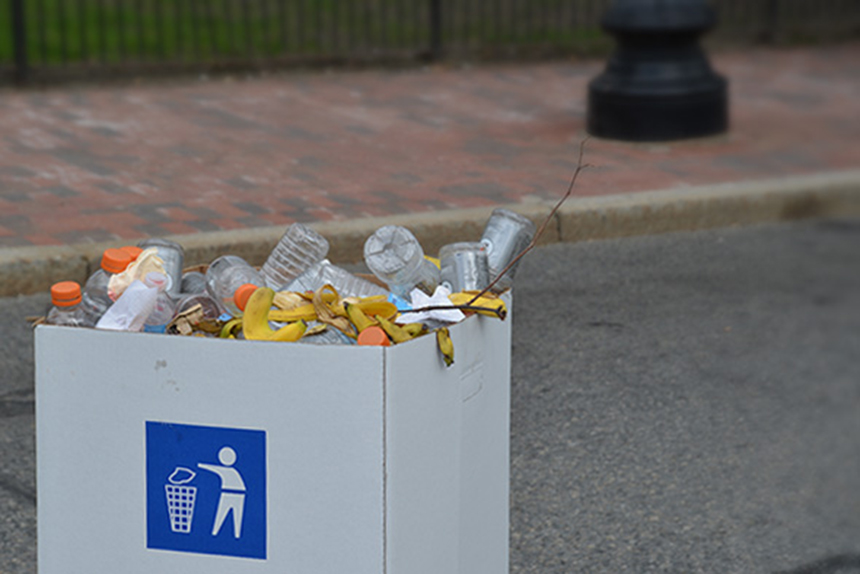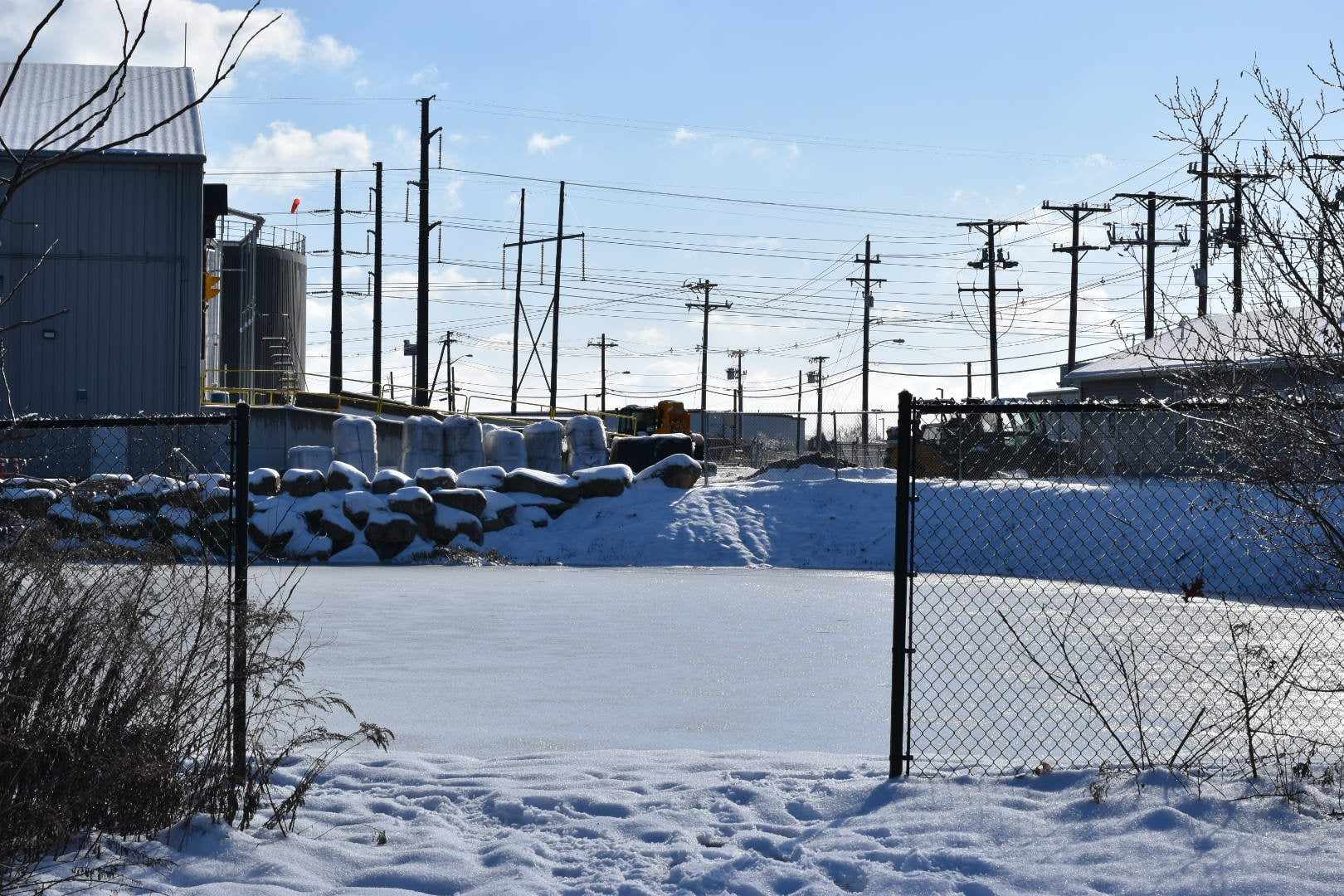Compost Grows Food and Community
January 18, 2010
PROVIDENCE — Everyone in the room was asked for a word they thought best described compost. Some responses were more than one word, and they encompassed a variety of views, which was the intent of the meeting.
About 50 people, including farmers, educators, lawmakers, waste management professionals, food industry representatives, municipal officials and nonprofit executives, spent five hours in a Rhode Island Foundation conference room Friday discussing ways to better utilize the 30 million or so pounds of statewide compostables generated annually.
Much of that valuable material is buried in the Central Landfill in Johnston, instead, as meeting co-organizer Greg Gerritt said, of being used to “grow some serious food.”
The participants’ answers to this first exercise produced nods of agreement, laughs and verbal pats on the back. Among the words used to best describe compost were: “life,” “tomatoes,” “odor,” “cooperation,” “abundance,” “raccoons,” “food,” “fresh,” “worms,” “growth,” “opportunity” and “money.”
Others thought of “stormwater management,” “diversion from landfill,” “no waste” “healthy communities” and “my backyard.”
Everyone agreed, however, that Rhode Island needs to make better use of its food and yard waste.
The Providence Urban Agriculture Task Force and the Environment Council of Rhode Island have been awarded a U.S. Department of Agriculture grant to find out how to remove food waste from the Ocean State’s trash stream and use it to create organic soil rich in nutrients.
Friday’s meeting was an opportunity for various stakeholders to discuss strategy, share ideas and begin to organize a statewide composting game plan. Those behind the initiative believe Providence would be a good testing ground.
Gerritt estimated that the roughly 170,000 Providence residents each generate about 300 pounds of compostable material a year.
“Compost makes agriculture abundant,” said Gerritt, a member of the Environment Council of Rhode Island. “Food comes from taking care of the soil.”
Compost is the foundation that allows access to locally grown food, which provides healthier choices and brings communities together, said the meeting’s other co-organizer, Katherine Brown. “Compost is the glue that makes it all happen,” she said.
Brown called the current impetus behind composting an “extraordinary movement” that has the potential to bring a system of collecting compost to Rhode Island.
“Many people have been having many conversations about composting,” said Brown, the executive director of the Southside Community Land Trust, which founded the Greater Providence Urban Agriculture Task Force five years ago. “Now is the time to make a firm commitment toward a widespread collection system for food and yard waste.”
The meeting’s featured speaker, Bruce Fulford, the president of City Soil and Greenhouse Co. in Boston, spoke about the burgeoning compost industry.
“It’s growing rapidly as a profession,” said Fulford, who has spent three decades designing and operating innovative composting programs, biomass energy recovery systems, greenhouses and other methods of integrating organic waste recycling, agriculture and sustainable landscape management. “You can take composting classes in college now. Composting is no longer a fringe thing; we’re not considered a social outcast for simply mentioning the idea. It’s now hip.”
Besides fostering soil rich in nutrients that is conducive for growing fruits and vegetables, Fulford also mentioned the importance this organic material plays in keeping erosion at bay and stormwater problems in check.
“Blending in compost helps keep erosion under control, traps water in the soil and treats surface pollutants,” he said. “Compost helps do all that.”
In 2008, 267 facilities in 40 states accepted food waste, but effective composting begins at home and in neighborhoods. It doesn’t require payloaders and acres of land.
This spring, Providence resident Than Wood will use a bicycle to collect food waste from 100 families in the West End. In Montpellier, Vt., a gentleman uses a mule and cart to collect food waste.
“There are dozens of ways to compost food and do it well,” Fulford said. “We haven’t stewarded our soil very well, but it’s great to have a roomful of intelligent people talking about how to make things rot.”
Categories
Join the Discussion
View CommentsYour support keeps our reporters on the environmental beat.
Reader support is at the core of our nonprofit news model. Together, we can keep the environment in the headlines.
We use cookies to improve your experience and deliver personalized content. View Cookie Settings



